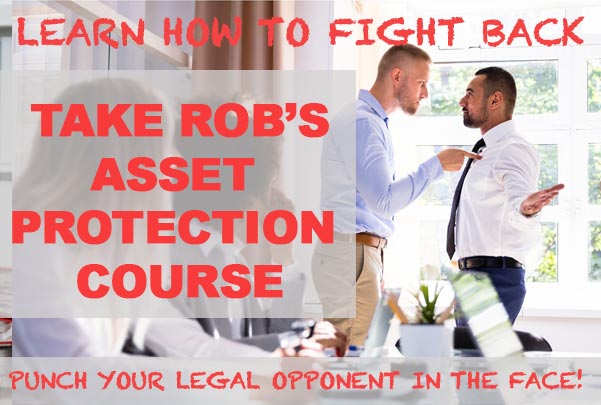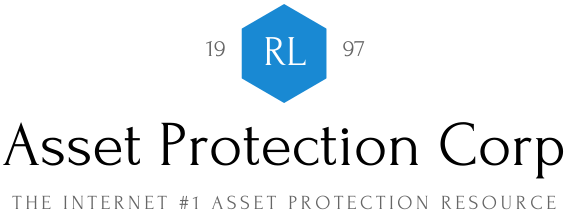Abusive Trusts:
Someone will have to pay the taxes!
When trusts are used for legitimate planning purposes, either the trust, the trust beneficiary, or the transfers to the trust, as appropriate under the tax laws, are obligated to pay taxes on income generated by the trust property. The emphasis is someone will have to pay the tax. Trusts cannot transform a taxpayer’s personal, living or educational expenses into deductible items.
Consequently, the tax results that promised by those who promote abusive trust arrangements are not allowable under federal tax law.
Regardless of the promises made in promotional materials, the Internal Revenue Service noted that several well-established tax principles control the proper tax treatment of these abusive trust arrangements. Among these are:
Substance and not form controls taxation
The U.S. Supreme Court has consistently stated that the substance rather than the form of the transaction is controlling for tax purposes. Under this doctrine, abusive trust arrangements may be viewed as sham transactions, and, for federal purposes, the IRS may ignore the trust and its transactions. Accordingly, the income and assets of the business trust, the equipment in the equipment trust, the residence in the family residence trust, and the assets in the foreign trust would be treated as belonging directly to the owner.
Grantors may be treated as owners of trusts
The grantor trust rules provide that if the owner of property transferred to a trust retains an economic interest in or control over the trust, the owner is regarded for tax purposes as the owner of the trust property, and all transactions by the trust would be regarded as transactions of the owner.
Additionally, a U.S. citizen who directly or indirectly transfers property to a foreign trust is treated as the owner of that property if there is a U.S. beneficiary of the trust. This means that expenses and income of the trust belong to and have to be reported by the owner, and tax deductions and losses which arise from transactions between the owner and the trust would be ignored.
Taxation of Non-Grantor Trusts
If the trust is not a sham and is not a grantor trust, the trust is taxable on its income, reduced by amounts distributed to beneficiaries.
Personal expenses are not deductible
Personal expenses, such as those for home maintenance, education, and personal travel, are not deductible unless authorized by the tax laws. The courts have consistently held that nondeductible personal expenses cannot be transformed into deductible expenses by the use of trusts.
Special rules apply to foreign trusts
If an arrangement involves a foreign trust, taxpayers should be aware that a number of the special provisions that apply to foreign trusts with U.S. grantors or U.S. beneficiaries, including several provisions that were added in 1996.
For example, a U.S. citizen failing to report a transfer of property to a foreign trust or the receipt of a distribution from a foreign trust is subject to a tax penalty equal to 35 percent of the value of the transaction. Other examples of these provisions are the application of U.S. withholding taxes to payments to foreign trusts and the application of U.S. excise taxes to transfers of appreciated property to certain foreign trusts.
Civil and/or criminal penalties may apply. Participants and promoters of abusive trust arrangements may be subject to civil and/or criminal penalties in appropriate cases.

Trust scams and scammers
-
Abusive Trusts: Someone will have to pay the taxes!
- Pure Trust scams
- IRS targets five illegal trusts
- Constitutional Trusts and Pure Trust scams
- Legal principles that are applicable to trusts
- IRS cracking down on trust scammers
- Abusive Trust arrangements
- Examples of Abusive Trust arrangements – Part One – The Business Trust
- Examples of Abusive Trust arrangements – Part Two – The Equipment or Service Trust
- Examples of Abusive Trust arrangements – Part Three – The Family Residence Trust
- Examples of Abusive Trust arrangements – Part Four – The Charitable Trust
- Examples of Abusive Trust arrangements – Part Five – The Final Trust
newsletter signup
[forminator_form id=”1485″]

FIGHTING BACK!
